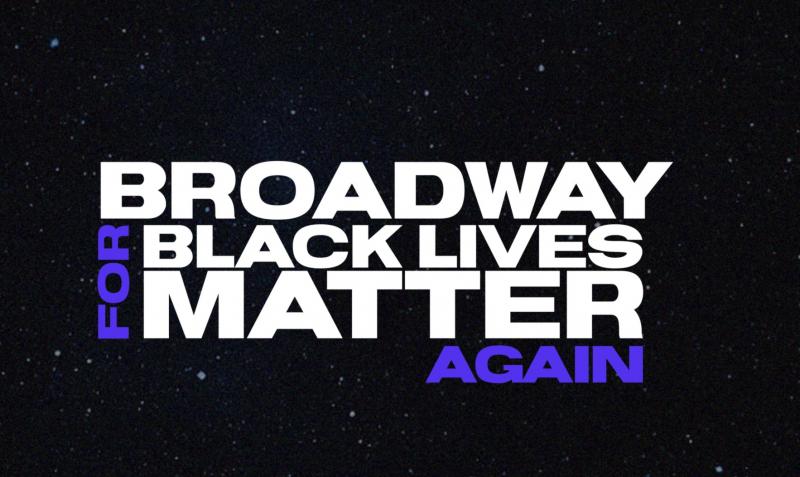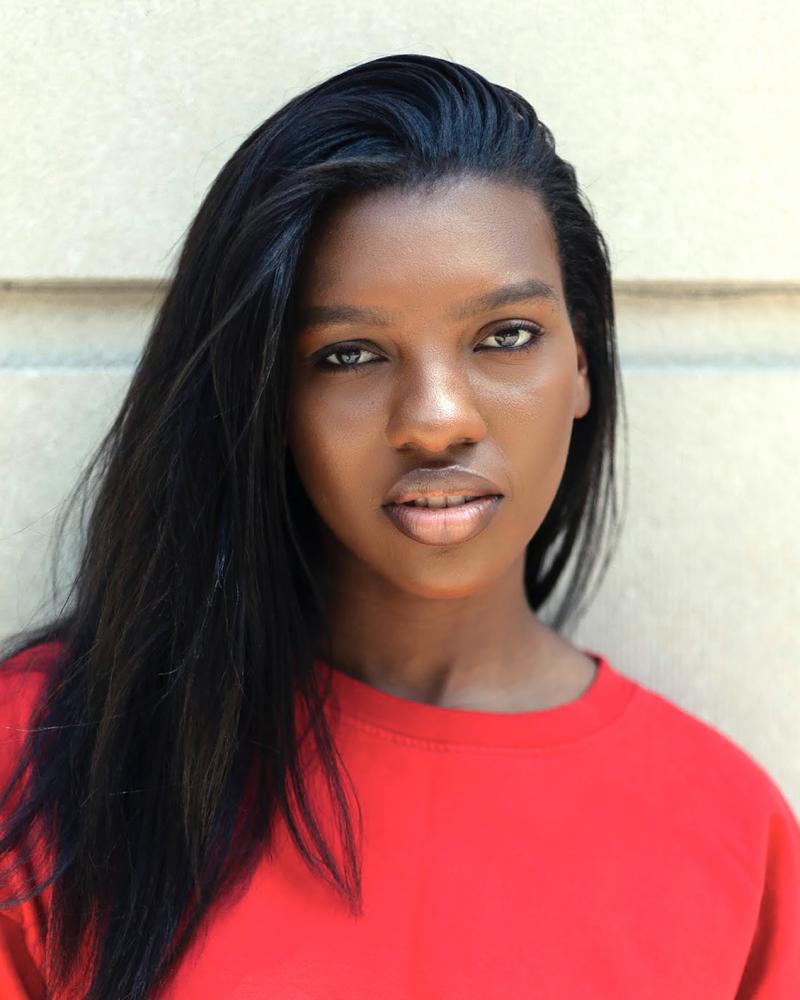Interview: How Broadway Advocacy Coalition Is Taking Steps to Address Racism in Educational Institutions
BAC's latest event, The Miseducation, begins today.
Today, July 27, the Broadway Advocacy Coalition is bringing #BwayforBLM back to the foreground of the conversation, this time focusing on challenging the curriculum, policies, and systems in the ways they disproportionately harm Black students with 'The Miseducation.'
Centering the experiences of Black students, the forum will seek to challenge the cycle of racism maintaining the current structures of learning in predominantly white theatre institutions. Broadway Advocacy Coalition is committed to creating a safe virtual environment and maintains the right to remove any participants disregarding the safety or well being of other participants.
Ahead of today's forum, BroadwayWorld chatted with BAC's Core Member/Community Supernova Mikayla Bartholomew about the goals of the organization's latest event:

What can you tell me about this latest forum event?
 A lot of us on the team at BAC have some interaction with educational theatre institutions. Either we got our degrees from a liberal arts university, and HBCU, or a PWI. Most of us went to white institutions for our undergrad and racism is a huge in those spaces. We realized when we were talking about building the first three-day forum, we were like, "In the future, what do we want to talk about when we're breaking down these different systems?" It's not just Broadway that is effected by racism. It's regional theatres, television and film, casting offices, representation from agents...and it's also our educational institutions.
A lot of us on the team at BAC have some interaction with educational theatre institutions. Either we got our degrees from a liberal arts university, and HBCU, or a PWI. Most of us went to white institutions for our undergrad and racism is a huge in those spaces. We realized when we were talking about building the first three-day forum, we were like, "In the future, what do we want to talk about when we're breaking down these different systems?" It's not just Broadway that is effected by racism. It's regional theatres, television and film, casting offices, representation from agents...and it's also our educational institutions.
They are grooming us with a certain ideal in mind. When we choose which school we want to get our training from, we're thinking about financial circumstances or specialties: musical theatre, classical theatre, etc. You usually determine which school you'll go to based off of what will get you the most professional success. And these schools' curriculums are based off of a dated model of what the Great White Way determined to be profitable, commercial, and bookable. So we decided to talk about that and invite all of those institutions to come and listen to the experiences of students.
So both students and educators/administrators will be involved?
Yes, and we're protecting the students' identities by having alumni read their stories. You know, we don't have anything to lose! We graduated! [Laughs] We appear in their pamphlets, and we are happy to represent them, but we also want to represent the kids that are there and struggling in calling out racism as it is happening now.
Then from there, we are trying to pair linkages from student experiences to alumni experiences. For example, with my alma mater, in my senior year I sat down with our faculty and said, "Hey! Our department is super racist! Here are all of the experiences I've had." And they said, "Ok, we have to make a lot of changes." Then the students that are there currently reached out asking for help in writing a list of demands calling out racism that they dealt with. I thought we fixed that, but no, they have the same problems.
That's the heart of connecting the student experience. They're all writing about a personal experience they had and leaving it anonymous so that an alumni, either from their institution or a background similar, can read it out loud. They can attach their name to it and say, "I've had some of these same experiences as this student. Why is this still a problem?"
That is a wonderful idea.
Then the next part of the forum will be two black educators, one from a HBCU and one from a PWI. They'll talk about what systemically exists in these institutions that prevents us from moving. Then we'll also be talking to ground organizers and advocates that are currently working in schools to dismantle racism in their communities. We have student group, a lawyer who works specifically in arts advocacy and diversification of arts spaces, people from the Center for Racial Justice, and a group of alumni who have come together to call out their university for racism and make a list of demand son behalf of the current student population. We want for the viewers- administrators, faculty members, departments heads, and students- to get some actionable steps on what they can do with all of this pent up energy that they are feeling.
Do you know how many institutions will be involved?
Not yet. We wanted to contact specific institutions, like Carnegie Mellon and Juilliard and Pace, because they are the institutions that we consider the top in the country. We look to them to be the examples, and then all of these smaller institutions that want to be at that 'level' look to them. We target the top schools, not to say that they are the best or that they are elite, but because we know if we invite them and they show that they are stepping into the anti-racist field, others will follow. So we've sent out a first round of invites to like 20-30 schools. Our second round will be even bigger.
We're also asking them to host watch parties with their university. The school will send out a Youtube link for the stream so that everyone can watch together, then host a Zoom post-forum discussion that centers their black students. Not for the faculty members, but how can the students relate to what has been laid out?
It sounds like this could be a huge step in the right direction.
Yes, but this forum does not serve as a solution to what racism is in these institutions. It's but a small piece of a big puzzle. Here at BAC we realize that we can only hope for the kind of fruit it will bear... but we don't know. The people who are coming into this space to volunteer their time and share their stories, even anonymously- it's a huge sacrifice. It's really hard, painful, and there's a huge risk. Our hope is that there will be no retaliatory actions. That there won't be students who get black-listed because they had the boldness to share their experience.
[BAC]'s methodology is based off of this being theatre of change. We believe in centering the experiences of the directly impacted, because usually they are the ones with the closet access to a solution... their just not the people we usually go to. The bottom-up approach is really important. It's: "This is happening to me right now. Here is how it's effecting me mentally, physically, spiritually, emotionally. I have been compartmentalizing it for the last 3-4 years in my educational institution because I'm just trying to get my degree!" That's our mode of operating in everything: focusing on the stories of the directly impacted.
The Broadway Advocacy Coalition builds the capacity of directly impacted advocates, artists, students, organizations, and communities to use the arts as an integral part of their social change work.
Founded in 2016 by members of the Broadway community as a direct response to the nation's pandemic of racism and police brutality, they have since grown into a multi-disciplinary organization uniting artists with legal experts and community leaders to have a lasting impact on policy issues including criminal justice reform, education equity, and immigration.
For additional information, visit: https://www.bwayadvocacycoalition.org/
Videos

